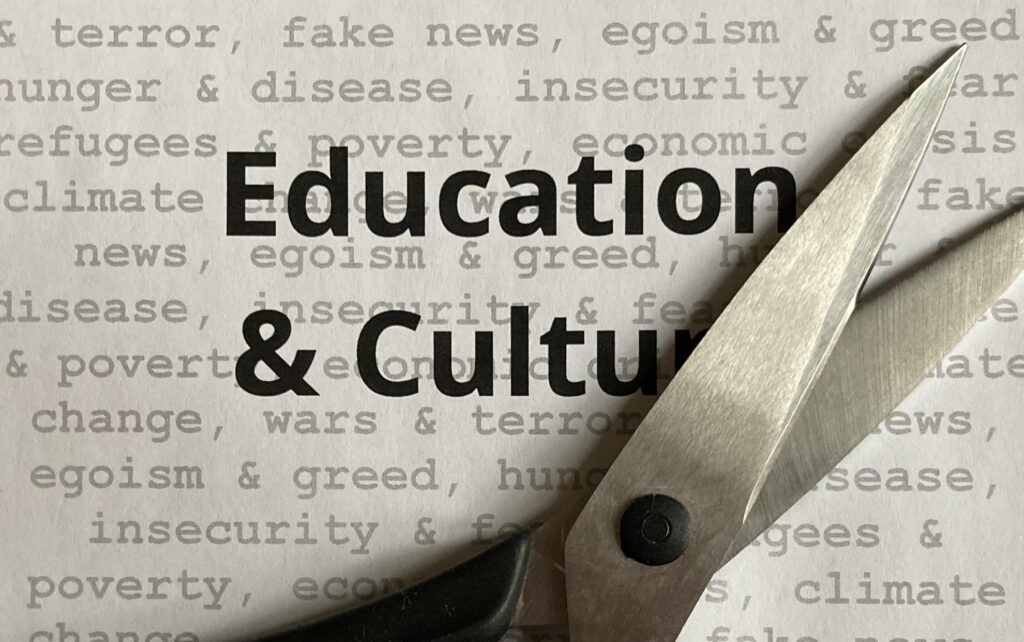
We live in troubled times. It feels like being in rough sea waters (if I may use this analogy as someone from a landlocked country) — everything is in motion. World politics have gone haywire, traditional values are being questioned in many societies and the economy continues to experience significant events that bring uncertainty.
The natural reaction for people is to protect themselves. To stay with the above image of a ship in rough waters, we start to hoard life vests, build lifeboats (from parts of the existing ship) and fight for the best seats. This added unrest does not help stabilise the ship — just the contrary.
Translated to politics and society, investments are made into security and infrastructure in times like these. The left try to set themselves apart through social security initiatives. At the same time, the right try to do it through expenditures on public safety and order, and general spending cuts, while the far right — purely for selfish reasons — focus largely on getting grist for their mill through scaremongering, just to strengthen their power.
The economy undergoes savings, diligent restructuring and overhaul measures in times like these. This is supposed to make companies leaner and more effective. But to get there, huge investments and divestments are sometimes needed.
Times like these are especially hard for culture and education. In the eyes of many they are just “nice to have” and thus suffer cutbacks — even though they are often a fraction of total spending. The savings effect is immediate and very easy to understand, but in the long-term these cuts have serious consequences!
My intention in describing the global situation is not to instil fear or slide into negativity. Crises, as uncomfortable as they may be, are not a priori negative. There are structural reasons for the above-mentioned problems, and what if new, better solutions were to arise out of crises?
The prerequisite here is for us to set a good example right now.
Education empowers people to overcome crises. Culture contributes to this by helping us question and reinvent our self-image.
For politics and society this means facilitating education that is accessible to all, meets people where they are and offers numerous possibilities for development. It takes an environment that promotes education and reflection, and not least, investment into development all the way up to cutting-edge research and innovation.
The culture sector also needs more attention. We are doing much too little right now. What we need is not necessarily more cultural productions but better pay and much more funding, so that diverse cultural works reach a broader public and become widely discussed.
The same goes for companies: Advanced training empowers people to take on responsibility. It is one of the key factors in employee satisfaction and health. This takes ongoing reflection about what we are doing every day — getting off the hamster wheel and learning to go off the beaten track. It also requires us to nurture a meaningful company culture that is not limited to three slogans — a company culture that is driven forward daily, actively and dynamically, by all.
Yes, these are turbulent times. But investments in culture and education are crucial to development and stability and produce the best yield in the long term.
Dan Wiener, April 2, 2024
(English by Alisa Blokhina Álvares)

